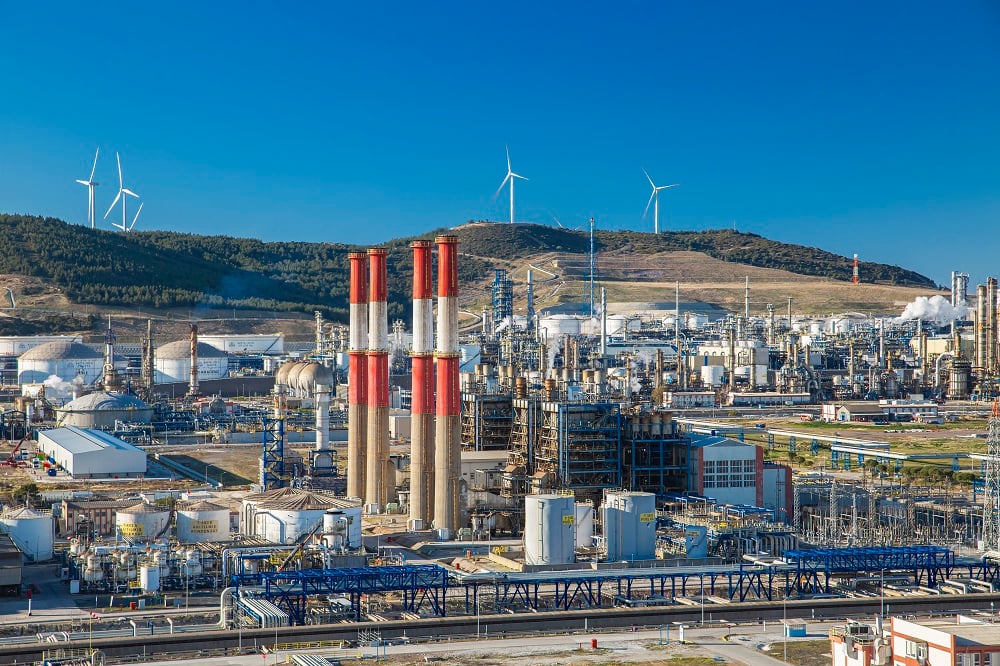
Client:SOCAR Turkey
Industry:Energy and Utilities
Region:Europe
Automation fuels ambition for SOCAR Turkey

30,000
hours of work time handed back to staff
58
automations
5
software robots
5
staff members in the center of excellence
Client Overview
SOCAR Turkey is a subsidiary of the State Oil Company of the Azerbaijan Republic (shortened to SOCAR). It’s the single largest investor in Turkey having entered the market in 2008 with operations valued at $19.5 billion. It employs 5,000 people and produces petrochemical products while running refineries and distributing natural gas.
Petrochemical production in Azerbaijan has a long history. In fact, Alexander the Great’s fighters used oil exported from the country as far back as 330 BC. It’s fueled economies, societies, and innovation across the region ever since. And in 2008, SOCAR moved into Turkey, boosting the country’s energy supply.
In doing so, it’s developed a colossal operation, meeting 25 percent of the country’s refinery and petrochemical needs. Thousands of people work tirelessly to get the job done and they need ever-evolving technologies to help them deliver.
Which is why SOCAR Turkey is dedicated to digital transformation as a strategic priority, and recognizes the benefits it can deliver. It’s especially focused on integrating software into its business processes.

This is managed by a number of teams throughout the company, including digital transformation, digital architecture, digital portfolio management, corporate digitalization, and adaptation. They work as a unit and manage implementing new systems, from idea development to technical delivery.
Key to their success is getting people throughout the organization to understand and adopt innovative software. By doing so, a digital transformation can become a business transformation.
One of the biggest projects the teams have collaborated on is the implementation of robotic process automation (RPA). This has addressed the challenges presented by the hundreds of manual tasks that need to be undertaken in the business. They’re repetitive, have many operational steps, and don’t often require decision making skills. Yet at the same time, they’re open to error and absorb the time of staff.
The first automation
Cüneyt Yıldız is a member of the team that handles enterprise process digitalization management within the digital transformation function at SOCAR Turkey. "We started to use automation in 2019." he says. "The aim was to hand repetitive tasks to software robots so employees could focus on high value activity."
The first automation we created was in the customs department. To export goods, we need to complete three processes: create work orders, control XML files and register everything on our SAP system.
Ahmet Yiğit • Robotic Process Automation Senior Specialist
Before RPA was introduced there was a member of staff allocated to each process, with each spending up to 500 hours a year completing the tasks. This equates to just over a day a week undertaking a monotonous and repetitive role. However, each was vital. If not completed fast, ships could be left waiting at ports, which incurs significant costs.
“SOCAR Turkey’s first ever software robots took over, checking every 15 minutes to see if there were tasks waiting for completion. This cut out any waiting times and allowed the staff to focus on other tasks,” Yiğit says, emphasizing that the automation saved money as well as staff hours.

With a software robot successfully working, the team began looking to other departments, including the compliance team. “They were tasked with completing due diligence checks on suppliers,” explains Yiğit. “We’re a big business and work with many counter parties. Every day we need to do compliance checks on 25 to 30 new vendors. We must redo these checks regularly to ensure nothing has changed.”
Three people worked full time on this assignment before automation. “Afterwards, they were able to take on more strategic and valuable tasks,” Yiğit notes. “They also had the chance to improve their skills, with some becoming citizen developers.”
To explain, a citizen developer is a member of staff with the ability to create automations of their own, independently of the RPA team. Citizen developers require no previous experience in automation or software development. They use low- and no-code software to build software robots they and colleagues can use.
Developing a plan
Running in parallel with these implementations was a well-structured staff engagement plan. This vital initiative allowed Yıldız and the RPA team to explain how automation could help people in their jobs while also gaining insight to the processes where it could help.
We had workshops where colleagues were introduced to the software and the positive impact it can have. They were also invited to give ideas, and we worked with business process owners to start creating automation roadmaps. We were very proactive.
Cüneyt Yıldız • Enterprise Digitalization Senior Specialist
The team was also keen to capture ideas on an ongoing basis. So, it created a software robot dedicated to collecting automation suggestions. “If employees have a spark of inspiration, they can submit the idea immediately via our robot assistant,” Yıldız continues.
Ideas flowed in, giving the team a pipeline of opportunities. The next step was to sort these into a plan based on benefit to the business, cost-effectiveness, hours handed back to staff and reduction in errors. With this in place, Yıldız believes it’s fair to say they had created an RPA center of excellence (CoE) including two people focused on building the automation pipeline and a further three developers.
Citizen developers
Because staff had been freed to train as citizen developers in the initial stages of the rollout, some automation ideas could be passed to them. “Some processes in our pipeline are complex and require a developer. Some can be handed to citizen developers,” Yıldız exclaims. In fact, there have been cases where RPA developers have embarked on automation to find that their low-code colleagues have got there first.
SOCAR Turkey now has 48 employees trained to create their own automations throughout various departments, with more on the way.
There are people learning to build robots in HR, finance, refinery operations and our HQ. We expect to have more than 60 citizen developers by the end of the year.
Cüneyt Yıldız • Enterprise Digitalization Senior Specialist
Biggest and best
When asked which automation he’s most proud of, Yiğit lights up. “It’s in the finance team,” he beams. “We’re such a large business. The volume of invoices we receive is huge.”
“Managing them is an arduous and routine process. There are about 600 invoices every single day from each department. We used to manage these manually. It took time, but the biggest challenge was accuracy,” he admits. “People become blind to things when they’re doing it all day long.”
Yiğit introduced RPA, which now manages 90 percent of all invoices received. Not only did it hand back 1,600 hours to staff yearly, but the robots slashed error rates. He pauses to consider this for a moment, then adds, “Especially in functions working with numerical data, there may be typos in incoming invoices due to periodic intensity and fatigue. It can be underwritten or overwritten. And the amount can change completely. This could lead to significant errors. However, with robots, we can prevent it.”
Making friends with robots
While there can be hesitance when innovative technologies are introduced, software robots have been welcomed at SOCAR Turkey. The RPA team has been keen to make automations part of the company’s culture.
“We want people to welcome the robots like colleagues and friends. We’ve given them registration numbers just like people. They even have names. Well, one name: S.E.D.A. This stands for SOCAR Energy Digital Assistant. So, we have S.E.D.A. one, S.E.D.A. two, S.E.D.A. three and so on.” There are five in total, making it reminiscent of the 80s film Short Circuit and its friendly automaton star, Johnny Five.
Considering the future
Since 2019, the business has automated 58 processes with its five digital colleagues, saving 30,000 staff hours, reducing errors, and minimizing bottlenecks and waiting times. The team now focuses on the future.
"We have plans to add AI, chatbots and document understanding capabilities to our work." says Yıldız. "We also want to ensure it’s used throughout every department, more rapidly, in a hyperautomation approach." This is when all processes that can be automated, are automated.
“We also want to track our successes more closely. Tracking time taken, errors made, and costs incurred before automation and comparing them to after. This will help us create stronger business cases.”
When asked what advice the team has for other organizations embarking on an RPA program, Yiğit is quick to respond. “Pick fit processes to automate,” he shoots back. “If you try to automate an unfit process, you’ll never see results. Choose carefully.”
Yıldız is keen to get involved in the conversation, saying, “The biggest lesson we’ve learnt is to have clear communications. From discovery to deployment, be open and clear. Have workshops, get insights, and understand what is needed. Employees are the experts at what they do – so listen to them. Also, explain what you’re doing and show how it will help.”
At this point, Burçak Timuçin, SOCAR Turkey’s Adaptation Group Manager chimes in, saying the conversation reminds her of a story.
A colleague told me that her workload could be big. Sometimes she had to work weekends or even Bank Holidays. There was one time she had to work on New Year’s Eve. With RPA, she’s been able to hand over time-sensitive, yet low-value tasks. It’s given her much better work-life balance.
Burçak Timuçin • Adaptation Group Manager
It’s an important story to tell. Because at heart, RPA is all about people. Freeing them from time-consuming and repetitive tasks. Allowing them to gain new skills. Giving them the opportunity to do more valuable work. And helping them develop their careers. It fuels their ambition, just like SOCAR’s products have been fueling people’s lives since the times of Alexander the Great.
Related case studies
Ready for your own case study?
Speak to our team of knowledgeable experts and learn how you can benefit from agentic automation.





